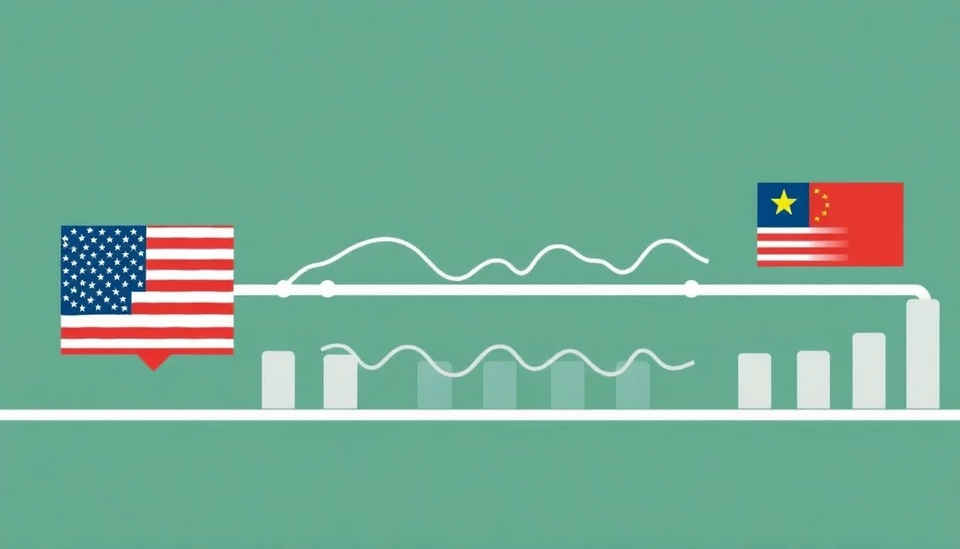
The economic relationship between the United States and China is undergoing a significant transformation, characterized by an intensifying process of decoupling that is reshaping global supply chains. This decoupling is driven by a combination of political tensions, national security concerns, and a desire for greater economic independence from each other. The implications of these shifts are profound, affecting industries across various sectors, from technology to consumer goods.
Recent reports indicate that U.S. companies are increasingly looking to diversify their supply chains to minimize dependence on China. This trend reveals a strategic pivot towards sourcing materials and components from other countries, including Vietnam, India, and Mexico. The ongoing trade policies and tariffs imposed during previous administrations have further encouraged these companies to reconsider their business operations in China.
On the other hand, China is not passively accepting this decoupling process. The Chinese government has been implementing measures to create a self-reliant economy. This includes significant investments in domestic production and innovation, aimed at reducing reliance on foreign technology and components. As a result, industries such as electronics and automotive manufacturing are witnessing substantial shifts in their supply chain strategies.
The impact of this economic decoupling is already being felt in various markets. Companies that heavily relied on Chinese manufacturing are now facing higher costs and longer lead times as they transition to new suppliers. This realignment within the supply chain is expected to lead to increased prices for consumers, as businesses pass on their costs amidst the ongoing inflationary environment.
Furthermore, as the U.S. government continues to scrutinize and regulate technologies with national security implications, especially in the semiconductor space, the competition for technological supremacy is heating up. Recent discussions in Congress focus on incentivizing domestic production of critical technologies, which is another significant factor that could drive the decoupling further.
In the wake of all these changes, international relations are also evolving rapidly. Other countries, particularly in the Asia-Pacific region, are closely observing these developments. There are concerns that a shift in trade dynamics could lead to increased geopolitical tensions, particularly as nations navigate their own economic dependencies and alliances in this new landscape.
As we look to the future, the potential for a bifurcated economic environment looms large. The consequences of this decoupling will likely extend beyond immediate supply chain disruptions and could redefine the global economic order. Businesses will need to innovate and adapt rapidly to survive in an increasingly fragmented world, where securing supply chains and navigating complex geopolitical landscapes become paramount.
In summary, the economic decoupling between the U.S. and China is reshaping the landscape of global commerce. Companies are reevaluating their supply chains, while nations are reconsidering their economic strategies. As these shifts continue to unfold, it will be crucial for stakeholders to remain vigilant and responsive to the changing dynamics that will undoubtedly influence the future of international trade.
#USChinaDecoupling #SupplyChain #GlobalEconomy #EconomicIndependence #InternationalTrade #Tariffs #ManufacturingShift #GeopoliticalTensions
Author: Laura Mitchell




